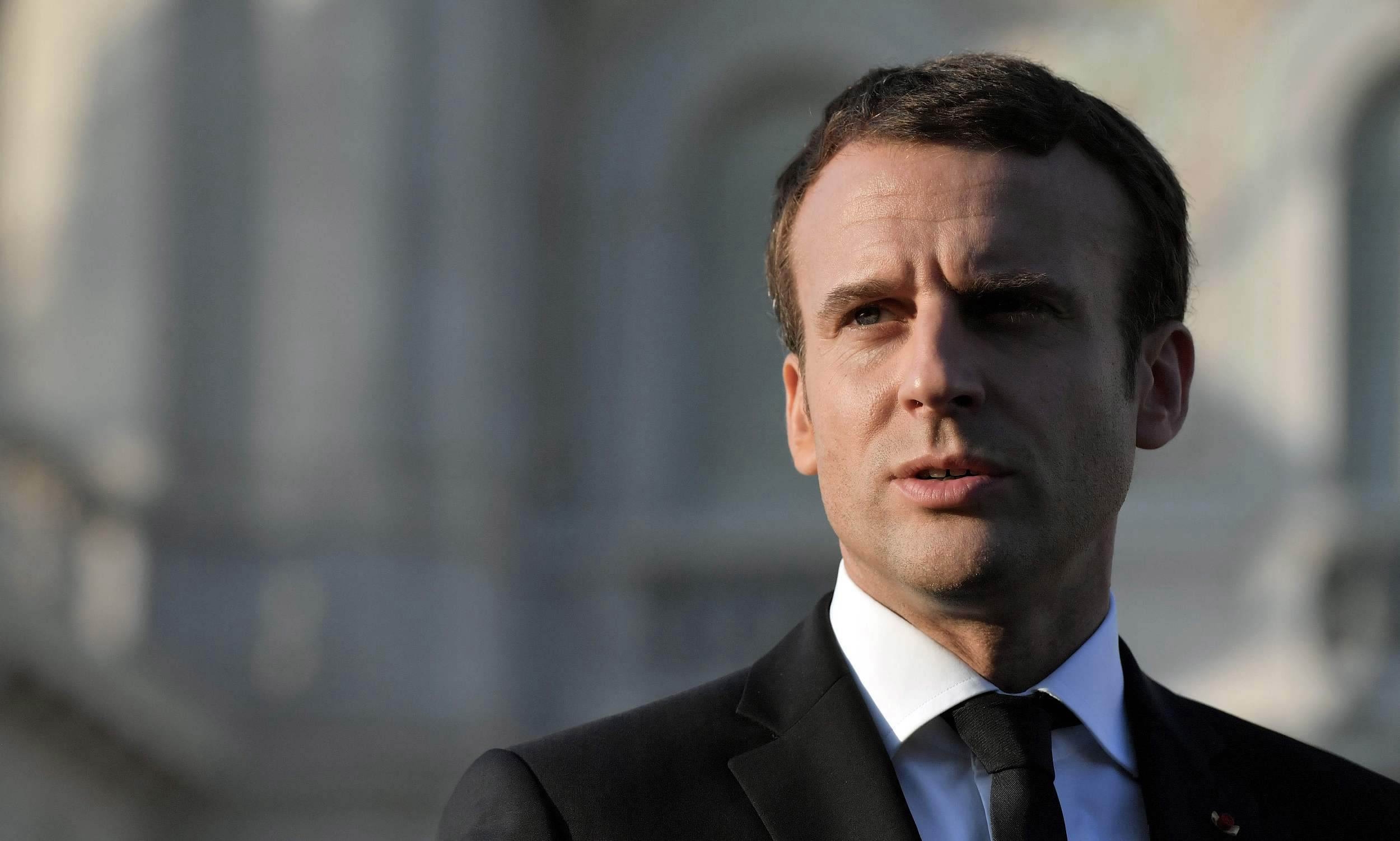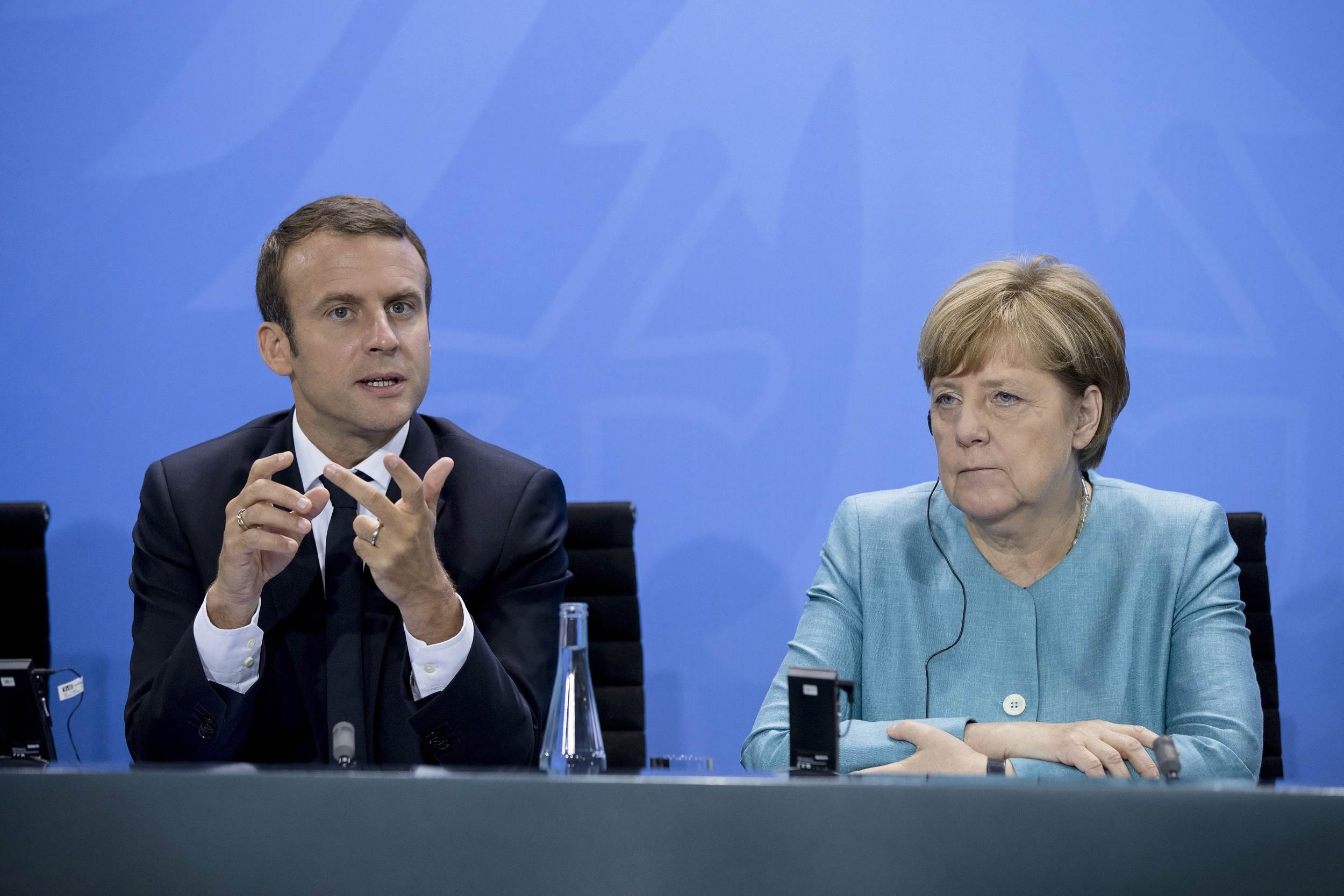When the French and German governments sit down for a joint cabinet meeting on Thursday, the intended message will be clear: the Paris-Berlin alliance that has driven EU integration for the last 59 years is back.
But with less than three months before Germany's legislative elections, it will be difficult for Paris and Berlin to move ahead on key issues such as the reform of the Eurozone.
French President Emmanuel Macron was elected in May promising to overhaul the 28-member bloc with a host of initiatives to deepen EU integration in the areas of defense, security and immigration.

French President Emmanuel Macron gives a speech during the Western Balkans summit in Trieste, northern Italy, on July 12, 2017. /VCG Photo
Macron has proposed creating a finance minister, parliament and budget for the Eurozone, which would require changes to EU treaties.
"With the Chancellor [Angela Merkel], I want to build ambitious and concrete projects, with a clear line," he told regional daily West France on Thursday. "I want the Eurozone to have more coherence and convergence."
"France must reform its economy to give it more vigor," he added, but Germany, for its part, "must support a revival of public and private investment in Europe".
Merkel has agreed to consider the issues, but they will have to wait until after the elections, which her center-right Christian Democratic Union (CDU) is expected to win.

German Chancellor Angela Merkel and French President Emmanuel Macron during a news conference at the Chancellery in Berlin, Germany on June 29, 2017. /VCG Photo
The French leader is also set to press Merkel for a financial and military contribution to a joint anti-jihadist regional force called the G5 Sahel made up of forces from Burkina Faso, Chad, Mali, Mauritania and Niger.
It is not the first time the French and German governments have held a joint cabinet meeting - the last one was in April - but both sides are keen to capitalize on the momentum generated by Macron's victory.
The bloc is still grappling with the fallout from Britain's shock vote to exit the EU in a referendum in June 2016. But Brexit, along with perceived threats from the United States under President Donald Trump, as well as from Russia, has given it a renewed sense of purpose.
After a morning of discussions with Merkel, Macron will host Trump for talks in the afternoon, before they head to dinner at a Michelin-starred restaurant in the Eiffel Tower.
(Source: AFP)
Related stories:
Merkel says wants close cooperation with France’s Macron
Macron and Merkel back tougher EU approach on trade
Merkel, Macron talk EU treaty reform as Euro debt looms large









